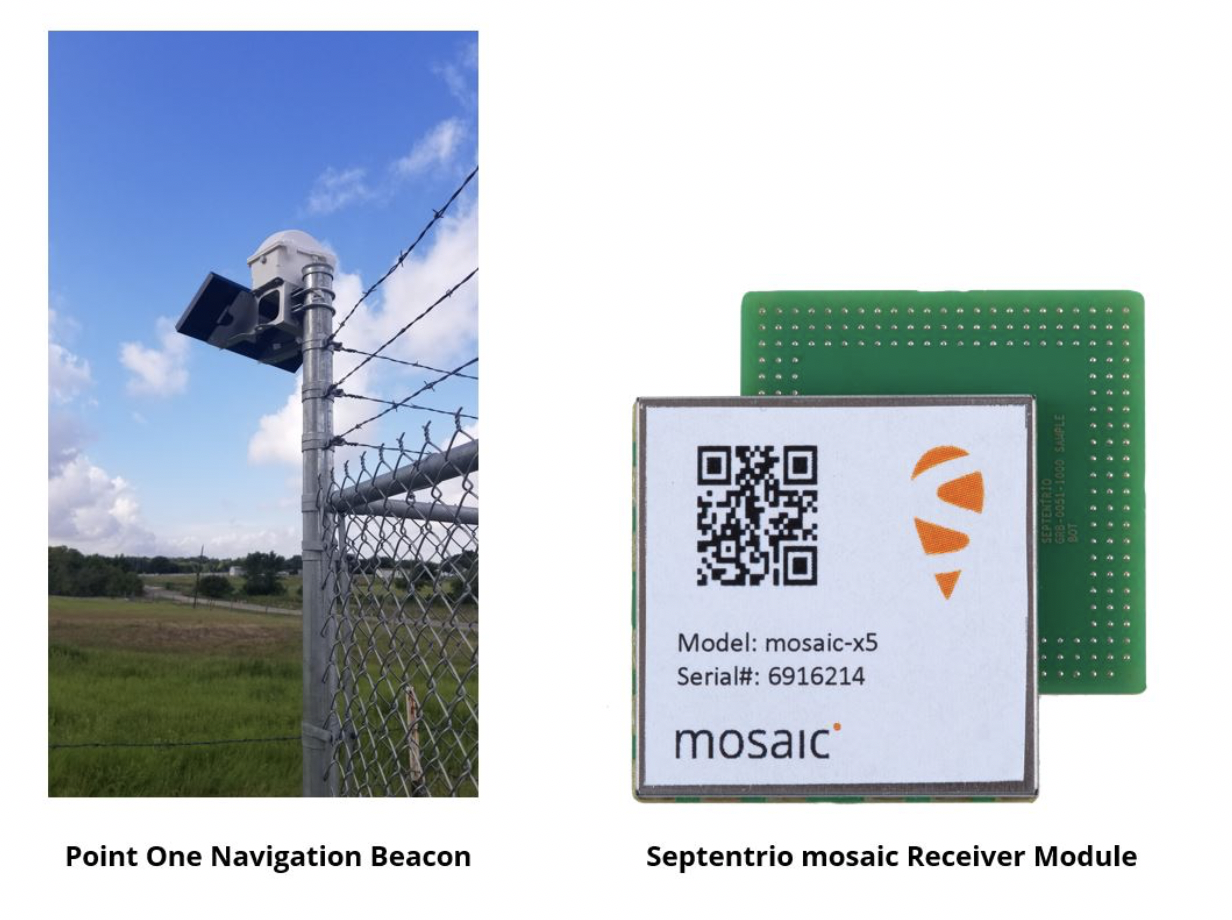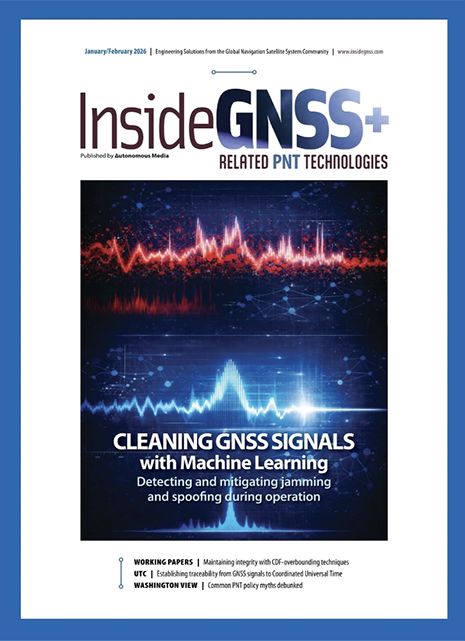The day is coming when automated vehicles will be a common sight on our roadways, and the Florida Department of Transportation (FDOT) intends to be prepared for their integration into daily traffic operations when that day arrives.
The day is coming when automated vehicles will be a common sight on our roadways, and the Florida Department of Transportation (FDOT) intends to be prepared for their integration into daily traffic operations when that day arrives.
That’s why FDOT, along with the Florida Institute of Consulting Engineers, organized the 2014 Florida Automated Vehicles Summit, December 15 and 16 in Walt Disney World. The two-day event will kicked off with discussions and presentations at Disney’s Coronado Spring Resort on day one, and finished with day-long demonstrations of autonomous and connected vehicles at the Walt Disney World Speedway on day two.
The second annual event served as an opportunity to update interested stakeholders on the state of the technology, the direction it’s headed and what the advancement of automated vehicle technology can do for Florida and the rest of the country.
“This is emerging technology, and we’re at the forefront of being able to have this technology reliable and available, and effective enough for commercial and mainstream use,” said Tanner Martin, a consultant for FDOT who helped coordinate the event. “We want to be proactive in addressing and prepping for these vehicles, vehicles that will deliver a 10 percent reduction in traffic accidents. We owe it to the public to pursue looking at these vehicles as they may be able to offer significant safety and congestion benefits to the transportation system.”
On day one, FDOT updated attendees on research projects they first learned about during the first summit in November 2013, Martin said. The projects are designed to help FDOT gain a better understanding of the implications associated with planning for and integrating these vehicles into the existing traffic operations. FDOT is currently working with Florida universities and engineering consulting firms on three projects that address policy implications, improved mobility for the transportation disadvantaged and aging populations, and AV applications for transit operations.
On the second day, attendees watched automated and connected vehicles in action, including live demonstrations of connected vehicle technology. Automated passenger and off road vehicles, boatsm and UAVs were also on display.
More than 300 people to attended the summit, and he hopes they’ll use it as an opportunity to network and further the discussion on the impact automated and connected vehicles will have on Florida’s roads, as well as the nation’s, and the innovation and research it’s going to take to get there.
While the date hasn’t been officially set, the next summit is planned for 2015. To learn more about this summit, future summits and FDOT’s research efforts, visit <automatedfl.com>.






